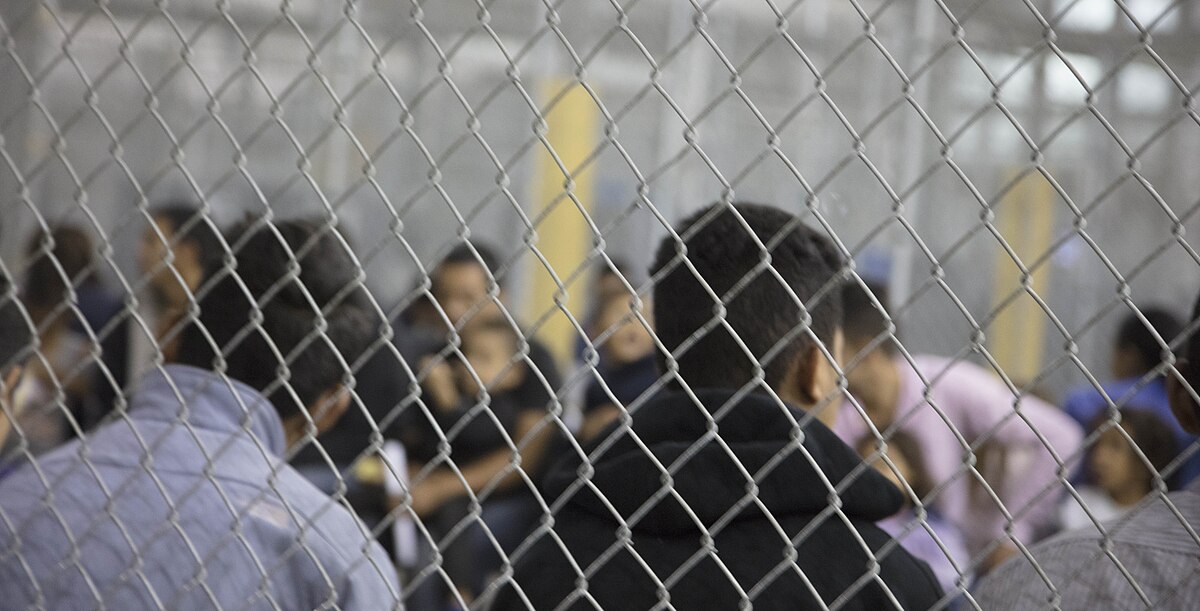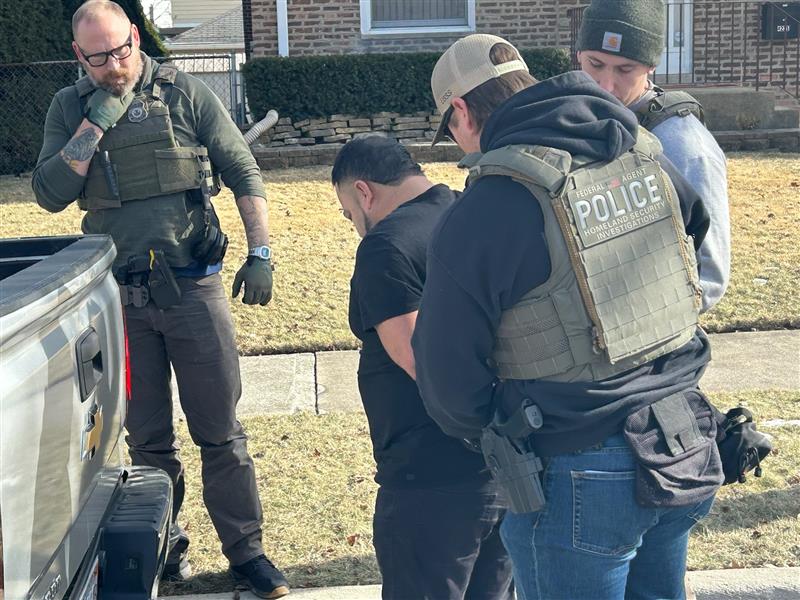- 14 3402-5578
- Rua Hygino Muzy Filho, 737, MARÍLIA - SP
- contato@latinoobservatory.org
 U.S. Customs and Border Control
U.S. Customs and Border Control
In early March, an ICE raid in New Mexico resulted in the arrest of 48 people, including individuals on serious charges and others for immigration violations alone. Although the government released numbers and allegations in a press release, local immigrant advocacy organizations such as "Somos un Pueblo Unido” and the ACLU of New Mexico reported a disturbing scenario: the disappearance of detailed information about detainees, which led to apprehension and accusations of enforced disappearances.
Normally, arrests of this size would spark a network of community responses, but this time, advocates and lawyers were left in the dark. Emergency hotlines, which usually receive immediate alerts, remained silent. According to The New Yorker, the lack of communication from ICE, which interrupted regular meetings with local officials and lawyers under orders from Washington, aggravated the climate of mistrust. Even Senator Martin Heinrich's office and state officials were left without concrete answers.
Meanwhile, reports have emerged of Venezuelans deported under flimsy allegations and other immigrants detained even in the midst of legal proceedings. Cases such as that of Kilmar Armando Abrego Garcia, deported for an administrative error despite a court order that protected him, have increased the sense of arbitrariness. In many episodes, federal agents acted without identification, ignoring basic rights, which led judges to intervene in some cases.
For community leaders, also according to the article, the public use of numbers and operations by ICE works not only as an inspection practice, but as a political instrument, to display strength and generate fear. Comparisons with historical operations, such as the controversial "Operation Wetback" of the 1950s, emerge as warnings about the media use of deportations.
Despite persistent questions from journalists, lawyers and local officials, ICE has remained opaque, refusing to release the names or whereabouts of detainees, making it difficult to verify the allegations made in the statements. Thus, the perception is growing that the government prioritizes a public narrative of security and authority while marginalizing immigrant communities and hollowing out traditional mechanisms of democratic oversight.











